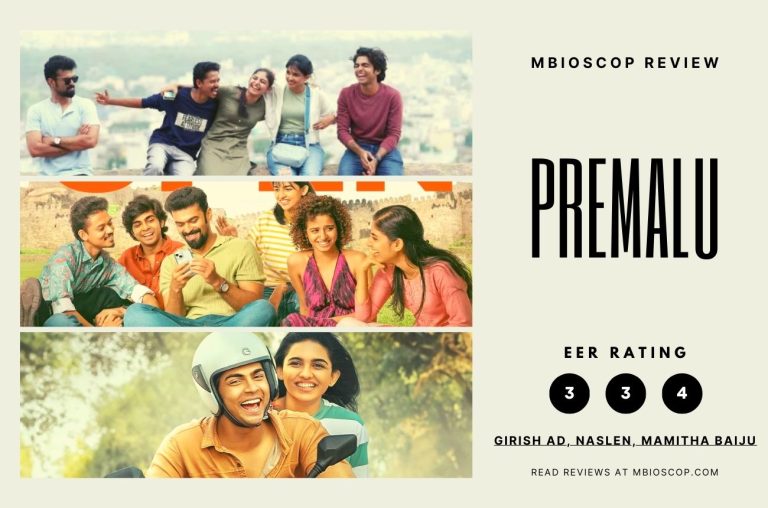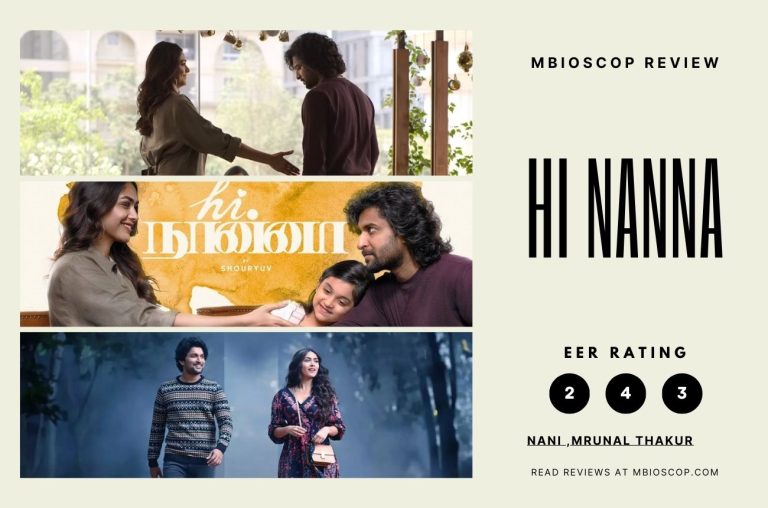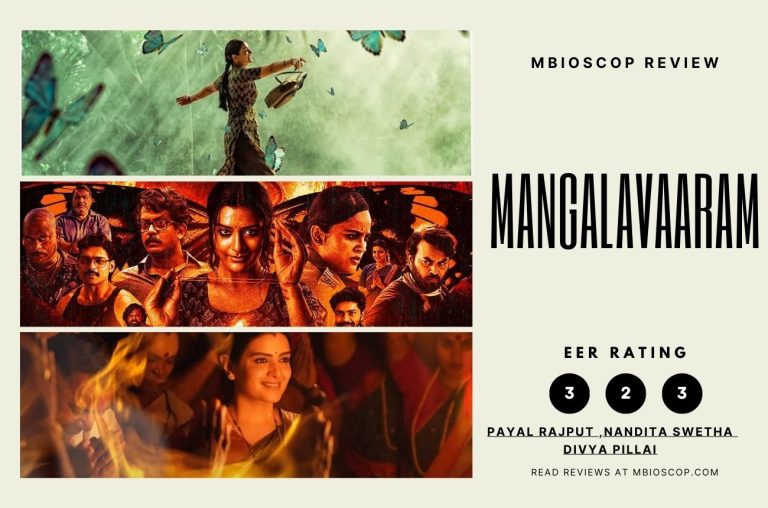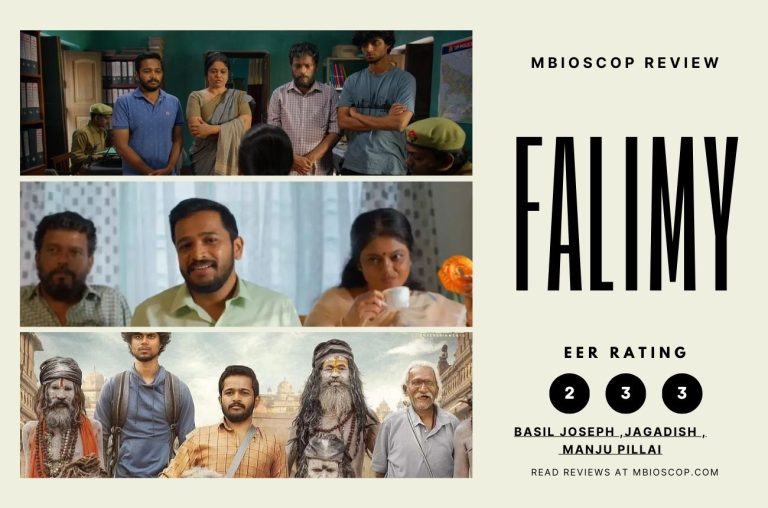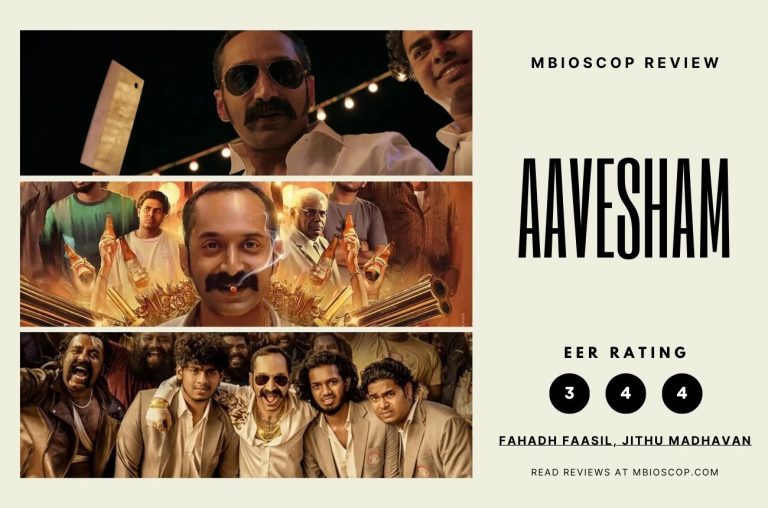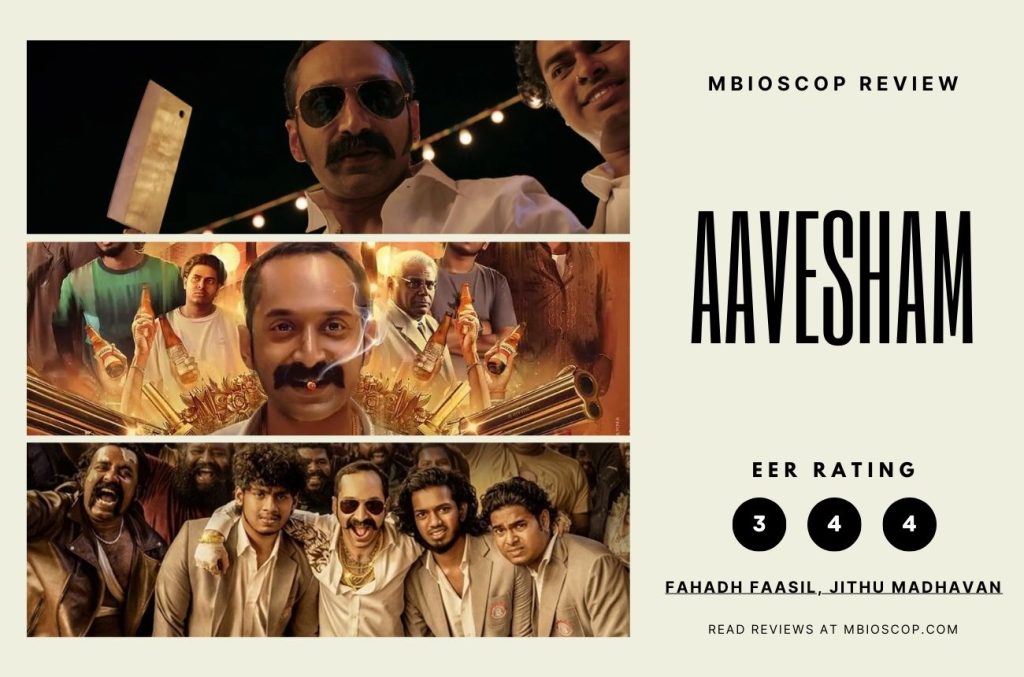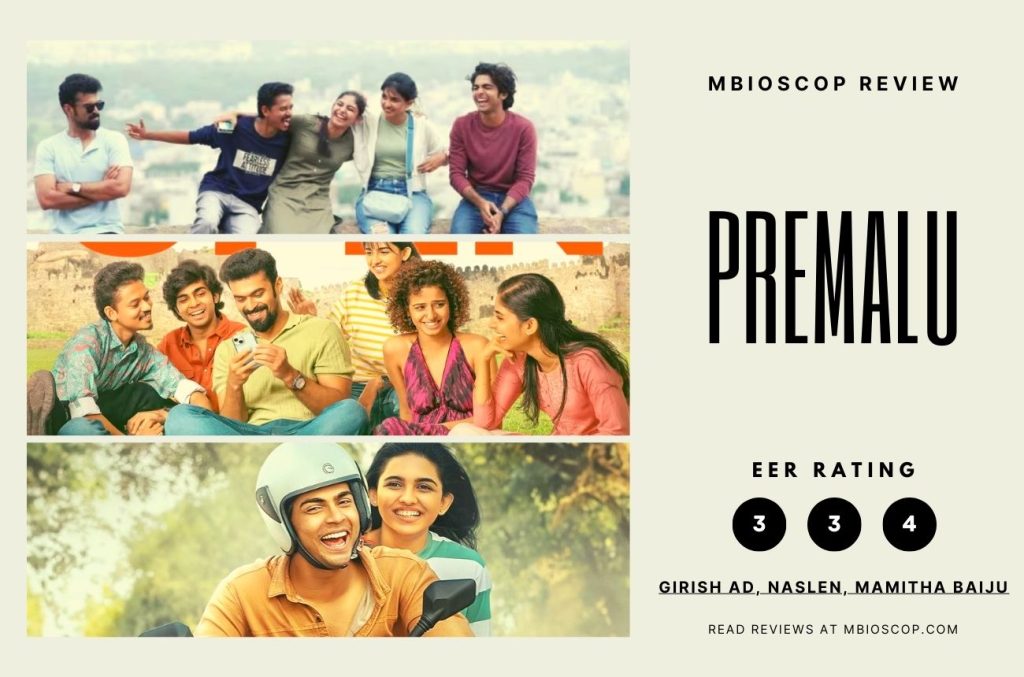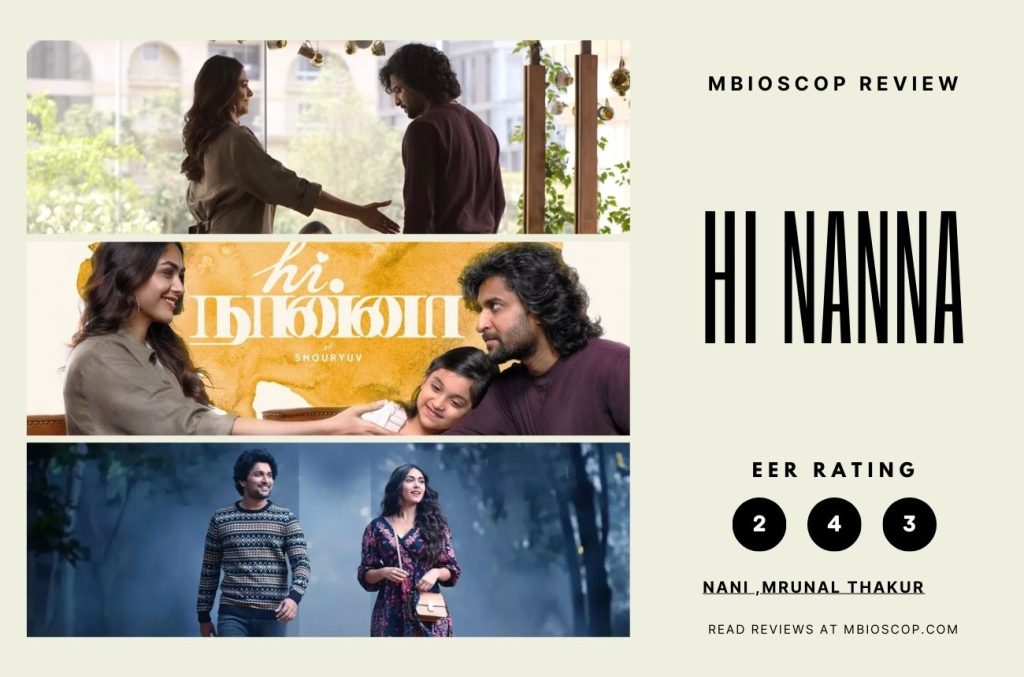Debutant director Ra Karthik takes the audience on a rollercoaster of emotions in “Nitham Oru Vaanam,” starting with what appears to be a typical Kollywood storyline. The protagonist, Arjun, played by the talented Ashok Selvan, finds himself in a bitter situation when his arranged marriage falls apart. However, Karthik surprises the viewers with a quirky and moving tale that revolves around the theme of second chances and the true meaning of love.
The film begins with Arjun, a character who despises travel, is germaphobic, and prefers the comfort of his own bed. At a bus stop in Bhubaneswar, he narrates his broken engagement to Shubha, a seasoned solo backpacker portrayed by Ritu Varma. The contrasting personalities of Arjun and Shubha set the stage for an unexpected adventure.
The narrative unfolds through smaller tales, exploring the intricacies of love and human connections. Arjun, dealing with the aftermath of his broken engagement, receives two journals from his family doctor. These journals contain love stories of two couples who overcame various obstacles to be together. The catch—both stories end abruptly with a cliffhanger, leaving Arjun with the task of traveling to Kolkata and Himachal Pradesh to uncover the rest of the tales.
A unique aspect of the film is Arjun’s habit of picturing himself as the protagonist while reading a book, allowing Ashok Selvan to showcase his versatility by portraying three distinct characters—Arjun, Veera, and Prabha.
The first story in the journals introduces us to Veera, a typical rowdy student with a golden heart, played by Ashok Selvan. His love interest, Meenakshi (Shivathmika Rajashekar), challenges traditional Tamil cinema norms. Mistaken for a timid college girl, Meenakshi turns out to be a basketball pro, surpassing Veera’s skills. The narrative takes a refreshing turn as Veera supports Meenakshi’s passion, breaking away from the conventional portrayal of women outshining men being emasculating.
Ashok Selvan seamlessly transforms from the reserved Arjun to the charmingly roguish Veera, while Shivathmika delivers a convincing performance as a woman discovering her agency and choosing joy over societal expectations.
The second story in the journals revolves around Prabha and Madhi, both portrayed by Ashok Selvan and Aparna Balamurali, respectively. The captivating love and trials of this couple showcase the actors’ ability to balance humor, heartbreak, and comic timing. Aparna’s portrayal of Madhi, with her sassy one-liners and defiance of societal norms, adds depth to the character.
Amid the humorous and questionable events leading to the couples’ unions, tragedy strikes. The journals are abruptly cut off, prompting Arjun’s journey to uncover what happened to these characters. The film skillfully transitions back to Arjun and Shubha, introducing another relatable and realistic female character. Shubha, played by Ritu Varma, shares her own heartbreak and grief with Arjun, providing a refreshing portrayal of an independent woman backpacking through the Himalayas.
The layered writing of the female characters and the stellar performances contribute to the film’s appeal, making the audience wish for more such heroines in Kollywood. Ashok Selvan, with the lion’s share of screen time, successfully navigates between three distinct characters, each with their own arcs, flaws, and strengths.
The film takes an interesting turn towards the end when Arjun discovers the real stories of Meenakshi, Veera, Madhi, and Prabha. Despite the physical differences, the characters have outlasted their tragedies. The plot twists reveal how Ra Karthik addresses the enduring nature of life’s upheavals without resorting to toxic positivity. “Nitham Oru Vaanam” recognizes the stranglehold of grief but encourages viewers to fight for joy even in the darkest moments.
The debutant director and the excellent cast deserve praise for delivering a film that goes beyond the typical Kollywood narrative. A surprise cameo appearance adds an extra layer of excitement for fans. However, the film is not without flaws, as highlighted by the review. Instances of body-shaming and dubious plot-reveals indicate areas for improvement.
In conclusion, “Nitham Oru Vaanam” emerges as a breath of fresh air in Tamil cinema, breaking molds in its portrayal of love, women characters, and second chances. Ra Karthik’s directorial debut promises a bright future, provided he addresses these minor shortcomings in future projects. As viewers, we are left inspired to embrace defiance in the face of tragedy and fight for our joys amid life’s challenges.







